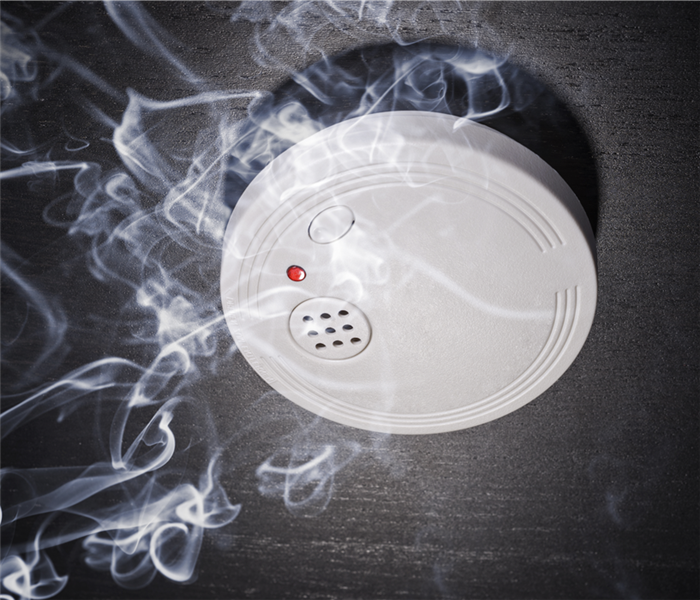7 Essential Tips for Preventing Residential Fires
4/18/2023 (Permalink)
A residential fire can be devastating, causing damage to your property and putting your family's safety at risk. However, many residential fires are preventable with the right precautions and awareness. Here are some tips on how to prevent a residential fire:
1. Install smoke alarms and test them regularly.
Smoke alarms are essential in detecting a fire early and giving you enough time to evacuate. It is recommended that you install smoke alarms in every room of your house and test them at least once a month to ensure that they are working properly. If you have trouble hearing the alarm, consider installing one with a strobe light or a vibration feature.
2. Avoid overloading electrical outlets and circuits.
Overloading electrical outlets and circuits can cause a short circuit, leading to a fire. Make sure that you are not plugging too many appliances into one outlet or using extension cords in place of additional outlets. If you find that you need more outlets, consider hiring an electrician to install additional ones.
3. Keep flammable materials away from heat sources.
Flammable materials such as curtains, blankets, and papers should be kept away from heat sources such as stoves, heaters, and fireplaces. A good rule of thumb is to keep a distance of at least three feet between any flammable materials and a heat source.
4. Practice safe cooking habits.
Cooking is one of the leading causes of residential fires. To prevent fires while cooking, never leave the kitchen unattended while cooking on the stove. Also, keep flammable materials such as towels and paper products away from the stove. If a fire does break out while cooking, use a fire extinguisher or baking soda to put it out rather than water, which can spread the flames.
5. Don't leave candles unattended.
Candles can create a cozy atmosphere, but they can also be dangerous if left unattended. Always blow out candles before leaving the room or going to bed, and keep them away from flammable materials. Consider using flameless candles as a safer alternative.
6. Have a fire escape plan.
In case of a fire, it is important to have a plan in place for how to escape safely. Make sure that everyone in your household knows the plan and has practiced it. Identify two ways to escape from each room in the house and establish a designated meeting place outside.
7. Keep a fire extinguisher in your home.
A fire extinguisher can be a useful tool in putting out small fires before they become larger ones. Make sure that you have a fire extinguisher in your home and that you know how to use it. Check the expiration date on the extinguisher and replace it if necessary.
By following these tips, you can significantly reduce the risk of a residential fire. Remember that prevention is key, and taking the necessary precautions can keep your family and your home safe.



 24/7 Emergency Service
24/7 Emergency Service
